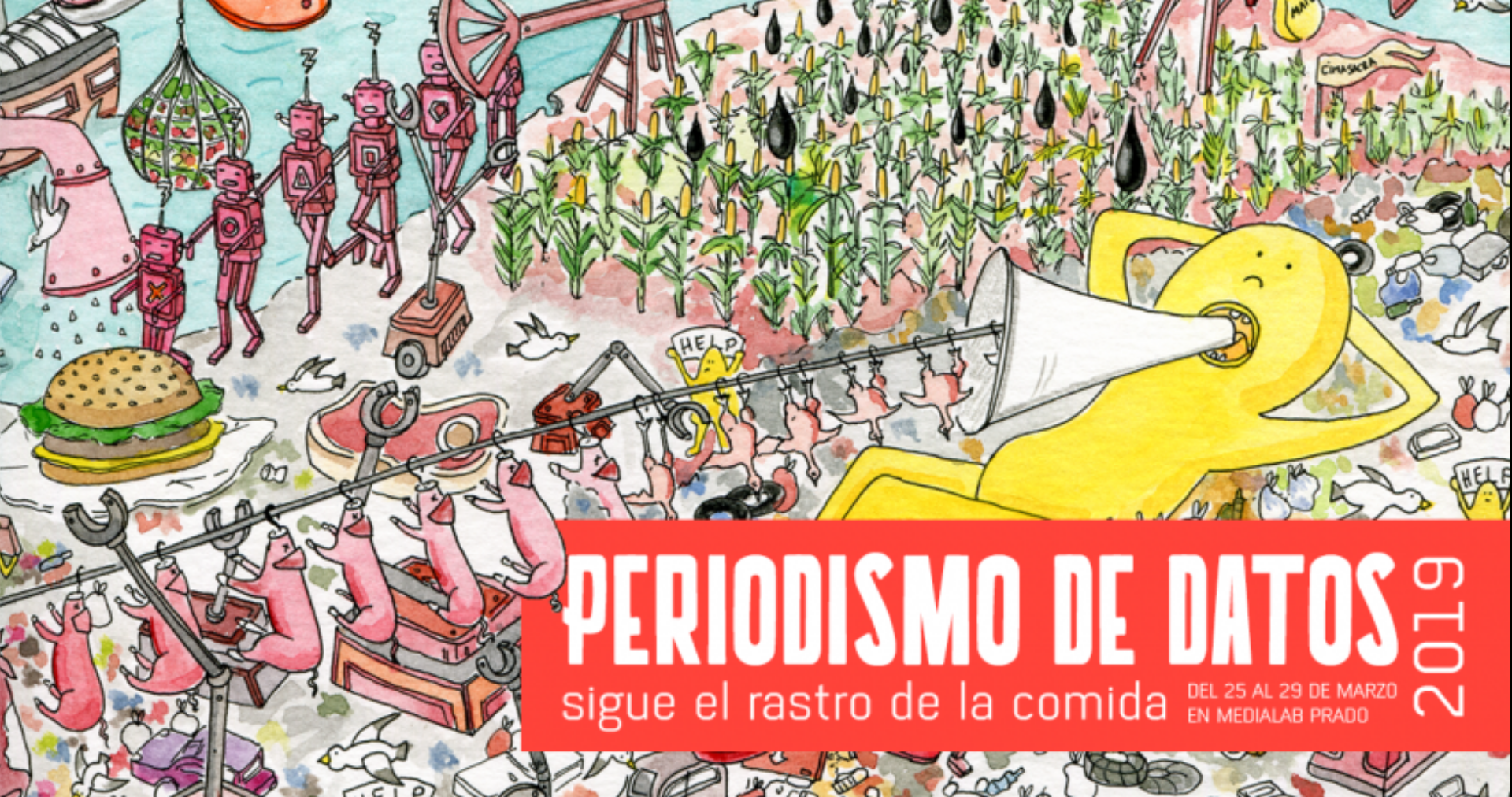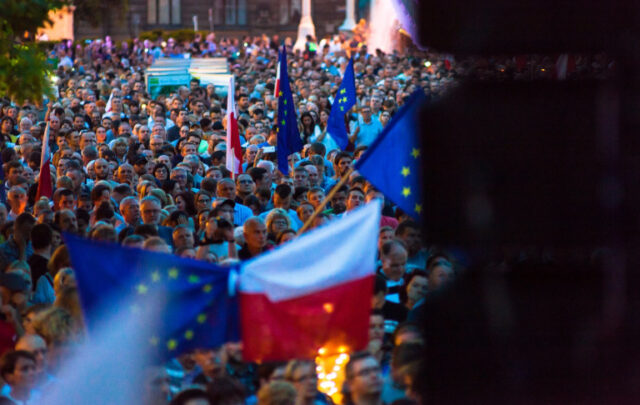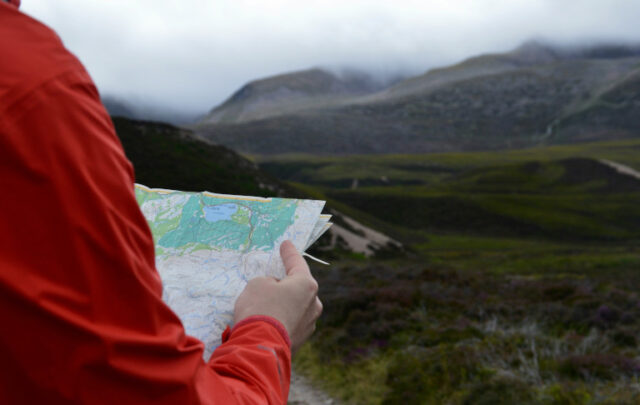Improbable as it seems, there is actually a vibrant citizens’ research and development lab for innovation in civic life and culture. It has its own building, funding from the city of Madrid, and robust participation from activists, academics, techies, artists, policy experts and ordinary citizens.
Welcome to Medialab Prado in Madrid, Spain. It’s a very special institution that explores new forms of commoning on various tech platforms and systems. Billing itself as a “collective intelligence laboratory for democratic participation,” the lab pursues a wide-ranging agenda of R&D with great brio. In this moment of great danger to democracy, I find it inspiring that a serious, progressive-minded institution is boldly prowling the frontiers of experimental practice.
To showcase some of the amazing work that Medialab Prado does, I interviewed Marcos García, the lab’s artistic director, for Episode #7 of my podcast Frontiers of Commoning. Marcos is a wonderfully gracious fellow who exudes a reassuring calm despite a formidable responsibility in overseeing many ambitious, speculative projects. Let me offer a brief, incomplete tour.
An open data project is exploring new ways to use shareable databases in creative, public-spirited ways. The “Follow the Food” workshop, for example, investigated how to tell data-driven stories through journalism. It developed data visualizations about the food system so that people can better understand where their food comes from, and how and why that systems works the way it does.
The “Eating Against Collapse” project is trying to imagine scenarios that can get us beyond the current, unsustainable agro-industrial food model. Organizers solicited proposals for new models of agricultural production and distribution, and then ran a prototyping workshop for two weeks, along with an international seminar on the work, a public presentation of the prototypes, and an exhibition of them.
Medialab Prado also hosts a citizen-science lab to “help make scientific research more democratic and transversal, ensuring it encompasses a range of perspectives.” Its DITOs project – “Doing It Together” — is a pan-European network aimed at fostering citizen participation in environmental sustainability and biodesign.
The accent of so much of Medialab Prado’s work is open participation and exploration. How can we develop innovative ways of meeting civic needs? A participatory budgeting project, for example, focuses on empowering citizens to make their own choices in allocating local government budgets.
A recent “Taxi Experiment” brought together cab drivers with their families, users, and community members to explore how the experience of riding in a taxi could be improved. Drivers learned more about the needs of riders with disabilities, for example, and an app was designed to improve the service that cabs could offer.
Now Medialab Prado is trying to go global with its civic incubation model. In September and October, it will be hosting a MOOC course (in Spanish) on “how to grow your own citizen laboratory and build networks of cooperation.” The idea is to foster very localized citizen innovation labs, even in rural areas, by helping people learn how to host prototyping workshops, use helpful digital tools, issue open calls to identify projects and collaborators, and run communication plans, mediation, documentation, evaluation, etc.
The lab hopes that this effort will result in an international collective of distributed citizen laboratories. An English version of the course may be offered in 2021. More about it here.
A recurrent theme of Medialab Prado projects is to serve as “a listening tool to see what people want,” as García puts it. “We provide a neutral, comfortable space for people that is useful at the municipal level,” said García. When people are invited to participate, share what’s on their minds, and are given tools to self-organize in a welcoming, supportive environment, some remarkable new ideas emerge. The process amounts to applying the open source ethic to civic contexts.
Medialab Prado is helping citizens and society evolve together in more thoughtful ways. “A big question we should always be asking ourselves,” said García, “is how we want to be living together. In a way, the prototypes that people are making [at the Medialab] have to do with that question.”






